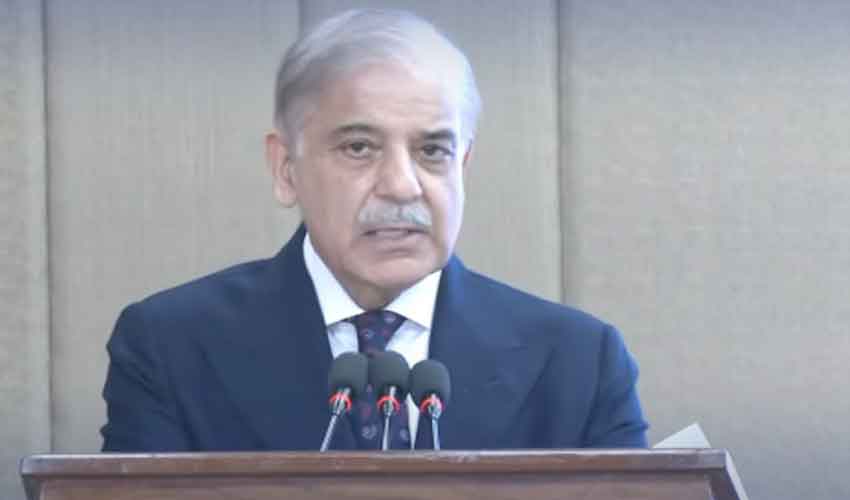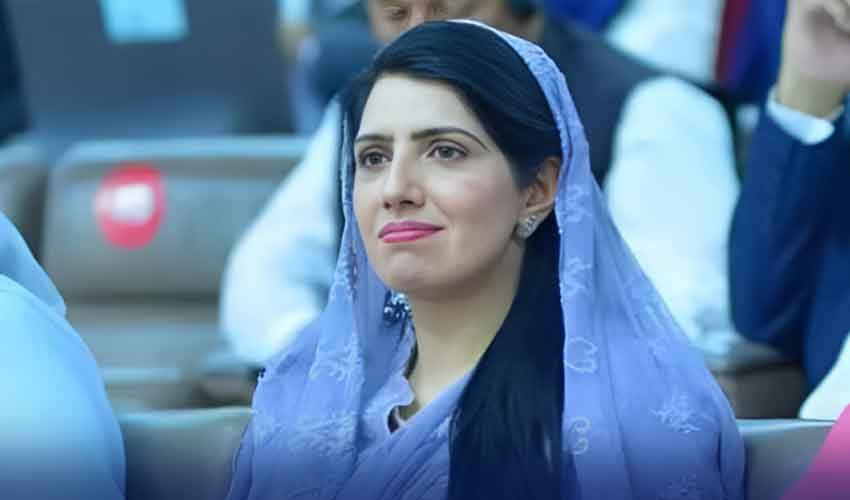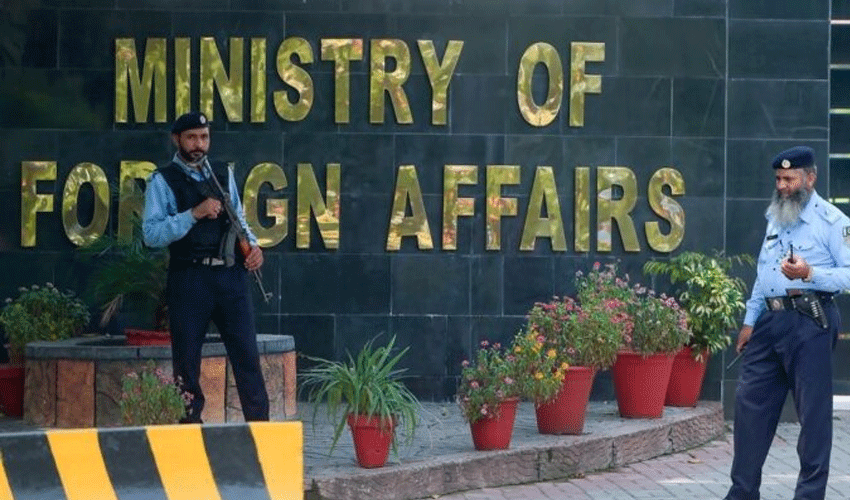Prime Minister Shehbaz Sharif announced on Thursday that he would soon unveil a comprehensive five-year economic revival plan, with the broad parameters already established through months of discussions with key stakeholders.
Speaking at the launch of the Buna-Raast connectivity project, the prime minister introduced the 'Home-Grown Economic Program', aimed at revitalizing Pakistan's economy by focusing on key sectors such as agriculture, information technology, and other underdeveloped areas.
“Our program has been under discussion for some time, and I will announce it very soon,” he stated. “Significant effort has gone into it, involving extensive consultations with stakeholders over the last several months. We have recently finalized its broad outlines, and within the next week or so, we will finalize the details. I will then present it to the public as a plan for the next five years."
Addressing the challenges of reforms in the Federal Board of Revenue (FBR) and the power sector, Shehbaz mentioned that he is personally overseeing the digitization of the FBR, and expressed optimism about the positive outcomes of the ongoing power sector reforms.
“There is no magic wand; it all comes down to hard work, sacrifice, and perseverance. Our nation is resilient and full of hope and energy. We must come together, avoid unnecessary debates, and focus on implementing our plans on the ground. Insha Allah, through our collective effort, we will see dividends and reclaim our rightful place in the global community,” he emphasized.
The Buna-Raast connectivity project aims to link the Raast payment system with the Arab Monetary Fund’s Buna platform, facilitating millions of overseas Pakistanis in Arab countries to send remittances through a faster, more affordable, and efficient system.
The PM highlighted that this initiative would not only streamline the remittance process but also help boost the country’s foreign exchange reserves and further strengthen Pakistan’s ties with the Arab world. He described it as a significant step towards modernizing Pakistan’s digital payment infrastructure.
“This project symbolizes how 21st-century Pakistan is progressing by integrating modern technologies into people’s lives. It represents the first cross-border real-time payment system that will make remittances more affordable and accessible,” he said.
Prime Minister Shehbaz also noted the project’s potential to expand into a broader payment system, capable of handling over $20 billion in annual transactions from region to region.
He expressed his gratitude to the Arab Monetary Fund, State Bank of Pakistan, Finance Ministry, Bill and Melinda Gates Foundation, and Karandaaz for their support in launching the project.
During the event, PM Sharif also presented mementos to Dr Fahad Alturki, chairperson of the Arab Monetary Fund; Jamil Ahmed, the State Bank of Pakistan governor; Dr. Anita Zaidi, president of the Bill and Melinda Gates Foundation; and Waqasul Hassan, CEO of Karandaaz.
Finance Minister Muhammad Aurangzeb, in his remarks, highlighted that macroeconomic stability is gradually taking root in Pakistan, evidenced by a reduced current account deficit, a stable currency, improved foreign reserves, upgraded sovereign ratings, and renewed investor confidence.
He reiterated the government’s commitment to infrastructural reforms, noting that although progress is being made, much work remains. The remittance inflow surged to $3 billion in July, he added.
Discussing the Buna-Raast connectivity project, the minister emphasized that digitalization would enhance transparency and reduce leakages in remittances, taxation, and the power sectors, thereby placing the country on a sustainable path and improving its standing with the Financial Action Task Force (FATF).
Dr Zaidi remarked that the project would digitally link the economies of Pakistan and the Arab world, boosting productivity and system efficiency. She also highlighted the project’s impact on improving the economic conditions of families, particularly women, who constitute 90% of remittance receivers.
Dr Zaidi expressed that the project would empower women entrepreneurs by enabling them to sell their goods and receive payments digitally, further contributing to economic growth and development.


























